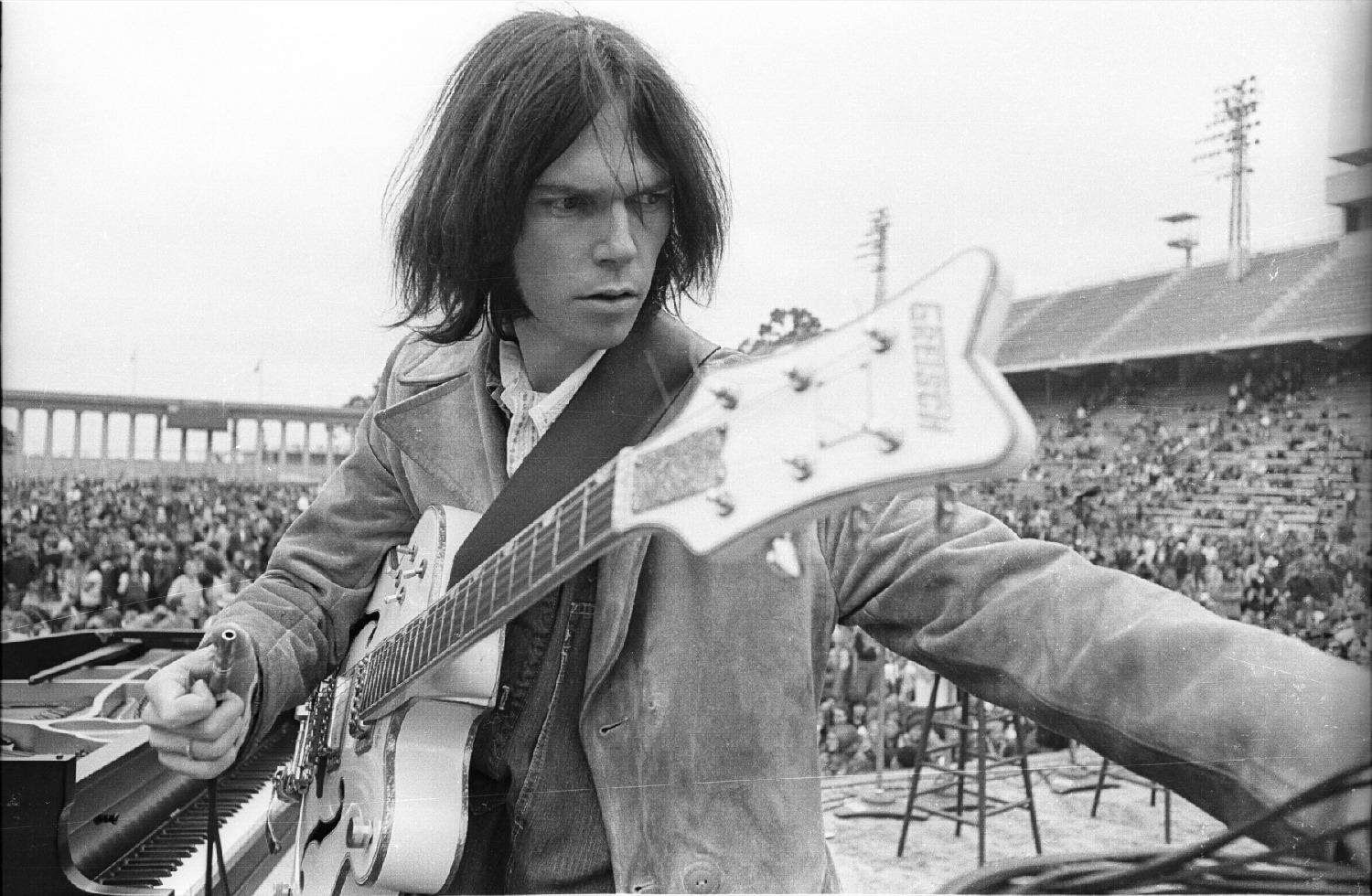Neil Young images offer a unique window into the life and career of one of music's most iconic figures. From his early days with Buffalo Springfield to his solo career and collaborations with Crazy Horse, Neil Young's journey has been vividly captured through photography. This article delves into the various aspects of Neil Young's visual representation, showcasing how these images reflect his artistic evolution and cultural impact.
In this exploration, we will examine Neil Young's biography, significant milestones in his career, and the profound influence he has had on music and society. Each image tells a story, capturing not only the man but also the essence of the times and sentiments he represents. Whether you're a long-time fan or new to his music, understanding the visual narrative of Neil Young is essential to appreciating his contributions to the arts.
Join us as we take a closer look at the stunning Neil Young images that have defined his legacy. Through this article, you will gain insights into his life, the themes he explores in his work, and how his images resonate with audiences across generations. Let’s embark on this visual journey together!
Table of Contents
- 1. Neil Young’s Biography
- 2. Early Years and Musical Beginnings
- 3. Career Highlights
- 4. Iconic Albums and Their Impact
- 5. The Visual Narrative of Neil Young
- 6. Cultural Impact of Neil Young's Music
- 7. The Role of Photography in His Legacy
- 8. Conclusion
1. Neil Young’s Biography
Neil Young was born on November 12, 1945, in Toronto, Canada. He is a singer-songwriter known for his distinctive voice and guitar work. His music spans a variety of genres, including rock, folk, and country. Young is often referred to as the "Godfather of Grunge," influencing countless artists and bands throughout his career.
| Full Name | Neil Percival Young |
|---|---|
| Date of Birth | November 12, 1945 |
| Place of Birth | Toronto, Ontario, Canada |
| Genres | Rock, Folk, Country |
| Notable Works | Harvest, After the Gold Rush, Rust Never Sleeps |
| Awards | Rock and Roll Hall of Fame, Grammy Awards |
2. Early Years and Musical Beginnings
Neil Young's musical journey began in his teenage years. He moved to California in the 1960s, where he joined the band Buffalo Springfield. Their hit song "For What It's Worth" remains a protest anthem to this day. Young's early experiences in the music scene shaped his artistic style, characterized by heartfelt lyrics and a blend of acoustic and electric sounds.
Key Influences
- Bob Dylan - Inspired Young's songwriting.
- Beatles - Influenced his approach to melody and harmony.
- Folk Music - Provided a foundation for his early sound.
3. Career Highlights
Neil Young's career is marked by numerous highlights, including his solo albums, collaborations, and memorable performances. His ability to reinvent himself while staying true to his roots has garnered him a dedicated fanbase.
Major Albums
- Harvest (1972) - Features the classic "Heart of Gold."
- After the Gold Rush (1970) - Showcases Young's lyrical prowess.
- Rust Never Sleeps (1979) - A landmark in rock music.
4. Iconic Albums and Their Impact
Neil Young's albums have not only defined his career but also left an indelible mark on music history. Each album represents a chapter in his life, reflecting his thoughts and feelings during that time.
Harvest: A Revolutionary Album
Released in 1972, "Harvest" was a commercial success and is often considered one of Young's best works. The album's themes of love, loss, and longing resonated with audiences and solidified his place as a leading figure in rock music.
5. The Visual Narrative of Neil Young
Throughout his career, Neil Young has been the subject of countless photographs that capture his essence as an artist. These images tell stories of his performances, personal life, and the evolution of his music.
Iconic Images
Many iconic images of Neil Young have become synonymous with his legacy, such as:
- The famous shot of him performing with his guitar.
- Images from the "Harvest" album cover.
- Photographs capturing his activism and social commentary.
6. Cultural Impact of Neil Young's Music
Neil Young's music has transcended generations, addressing social and political issues while providing a voice for the marginalized. His songs often reflect the sentiments of the time, making him a crucial figure in the cultural landscape.
Activism Through Music
Young has used his platform to advocate for various causes, such as environmentalism and indigenous rights. His song "Ohio" famously addresses the Kent State shootings, demonstrating his commitment to social justice.
7. The Role of Photography in His Legacy
Photography plays a significant role in preserving Neil Young's legacy. Images from his concerts, album covers, and candid moments provide fans with a glimpse into his life and creative process.
Contributions of Notable Photographers
Many renowned photographers have captured Young's essence through their lenses, including:
- Henry Diltz - Known for iconic shots from the 1960s and 1970s.
- Joel Bernstein - Captured intimate moments during Young's tours.
8. Conclusion
Neil Young images are more than just photographs; they are a testament to a remarkable career and a reflection of the times. From his early beginnings to his status as a music legend, each image tells a story that resonates with fans around the world.
As we conclude this exploration, we encourage you to delve deeper into Neil Young's music and legacy. Share your thoughts in the comments, and don’t forget to explore more articles on our site about music legends and their impact on culture!
Thank you for joining us on this visual journey through the life of Neil Young. We hope to see you again for more insights and stories from the world of music!
Article Recommendations


